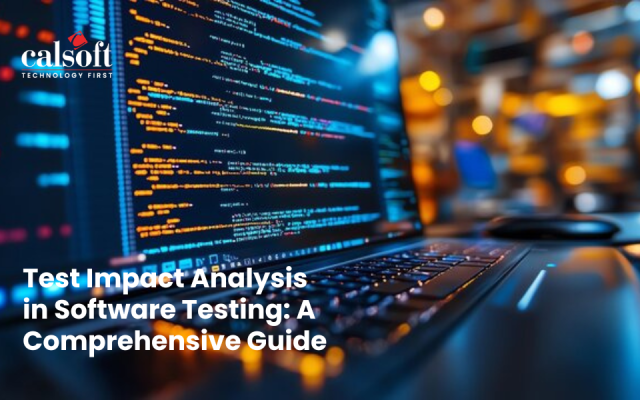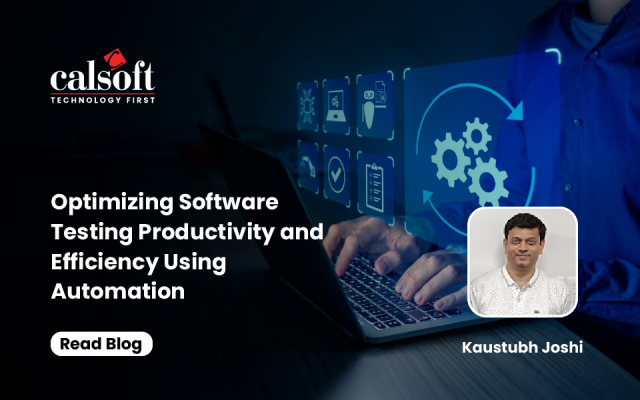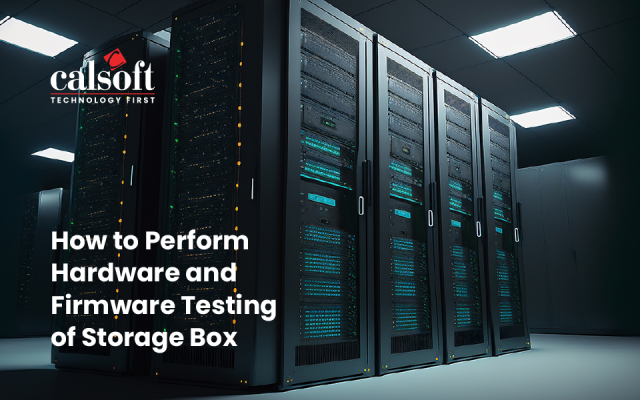The retail industry has undergone significant changes of late. From being the domain of neighborhood mom-and-pop stores, retail enterprises have now come a long way to become digitally sophisticated omnichannel chains. They leverage several digital tools to manage a gamut of functions like supply chain, customer relationship, point of sales (PoS), inventory management, online sales, etc. Emerging trends like eCommerce and mobile shopping have improved the customer experience and created a new generation of customers with elevated expectations. Retailers are also experimenting with Artificial Intelligence (AI) and Machine Learning (ML) to gain a competitive advantage.
Although technology helps to streamline operations and deliver stronger customer relationships, it can also pose several challenges to retail enterprises. These challenges include:
- Security issues in the software
- Complex navigation for customers and employees due to lack of familiarity and accessibility
- Poor app experience
- Slow loading time that leads customers to abandon the website or app
As retail enterprises add more software to manage different aspects of their operations, they must perform regular testing to maintain the software’s quality and safety.
The retail enterprise can perform various tests ranging from security testing, performance testing, and usability testing to improve the software stack’s value.
Let’s look at how regular software testing can benefit the retail enterprise.
Business Benefits of Software Testing
Saves time and cost
According to the System Sciences Institute at IBM, the cost to fix a bug found during release is 4-5 times more than for the one found in the design phase. And a bug found in the maintenance phase costs 100 times more. Fixing a bug later just takes more time and effort. Hence, it’s important to test the software continuously throughout the software development cycle. This will help retail enterprises to identify bugs early and save time and expenditure on building fixes. It will also help them launch their digital solutions at speed without compromising on quality, resulting in a faster ROI.
Enhances customer experience
Given the number of choices that abound, customers no longer hesitate to leave a brand and move to a competitor if they are not satisfied with the experience. Customers are also likely to lose trust if they find glitches in their experience. Truly, customer experience has become the cornerstone of a successful retail business. In fact, a recent Forrester study revealed that even a 1-point improvement in the CX Index score could have a direct impact on the revenue. As retail enterprises go digital, they need to ensure that all their digital touchpoints offer a consistent, seamless, and hassle-free experience to customers. Issues such as downtimes, slow page loading, unreliable payment gateways, etc. are experience killers. Software testing will help retail enterprises identify performance gaps, security issues, and other architecture and technology-linked challenges. By fixing these issues immediately, retail enterprises can improve the software’s performance and thereby enhance the customer’s experience.
Improves security
A 2017 study by IBM revealed that the average cost of a data breach was $3.62 million. A data breach is one of the primary concerns of retail enterprises. A single breach could break the trust of the customers. The best way to prevent data breaches is by performing security tests on the software frequently. Retailer enterprises must monitor the software, network interfaces, and system integration points for vulnerabilities and take preemptive measures to ensure zero security lapses or data leaks. End-to-end testing such as penetration and vulnerability tests will help safeguard the software from malicious intrusions and maintain its functionality. Software testing will ensure that the software is secure even when it is upgraded or scaled up to meet customers’ rising demands, especially during specific days such as the holiday season.
Enhances software performance
Software performance has become crucial in the digital age because of the prevalence of sudden demand peaks and troughs. Customers will lose interest if the performance of the software is below par when they attempt a transaction. Take the Point of Sales (PoS) system, for example. This is a critical solution in the retail landscape. The PoS is integrated with inventory, supply chain, and other systems required for the smooth functioning of a retail enterprise. Testing the PoS system’s performance in the context of surges and usage peaks will ensure that it functions smoothly and allows the retail enterprise to carry on tasks efficiently, including those beyond the PoS! A well-functioning PoS system will help retail enterprises serve the customer better, thereby improving the customer experience. Hence, regular software testing should be a norm, not an exception.
Conclusion
The retail industry is transforming itself rapidly to keep pace with the continual changes in customer expectations. Every function within the enterprise is now deeply integrated with technology to improve productivity and efficiency. Software testing enables retailer enterprises to update and maintain their software to ensure that their functionalities remain unaffected at all times. This is especially crucial when it comes to providing a consistent (and excellent) customer experience. Hence, continuous testing is not an option anymore. It is a necessity for the long-term survival of the modern retail business.
At Calsoft, we provide end-to-end quality assurance services to help retailer enterprises improve their sales and provide powerful and differentiated customer experiences. We support retailer enterprises with scalable and secure software implementations, so they can grow in this hyper-competitive space. To know more about our QA services, get in touch with us.






